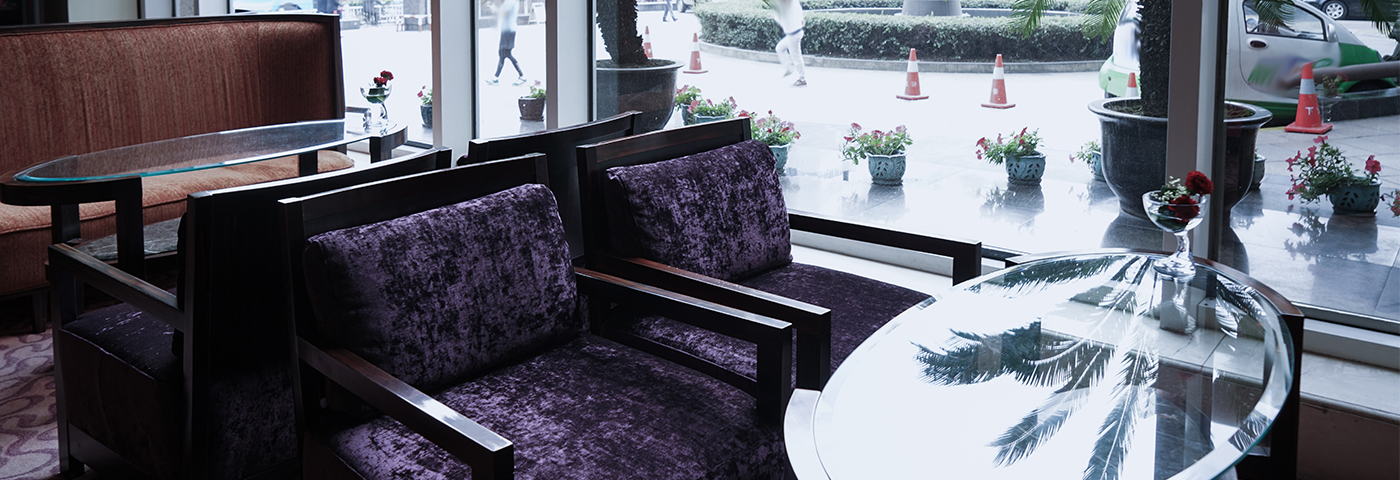It would be safe to assume that most people working in hotels do not want their businesses used for human trafficking. And it would be just as likely that most assume they are not.
People assume that because they don’t practice human trafficking, and because they find the idea abhorrent, therefore it doesn’t happen under their noses. And so they don’t think articles and reports and toolkits and apps are targeted at other people, and so turn away.
We like to pride ourselves – especially in post-truth and pre-reconciliation Britain – that slavery was long ago abolished by the likes of William Wilberforce and co. But this ‘fact’ doesn’t sit so well with the report in the Guardian today that there are actually more slaves in the world than ever before in history (an estimated 45.8 million). Far from being an artifact of crueller times, it appears we are actually experiencing peak slavery.
What does this have to do with the hotel industry? The Guardian was reporting on a conference called Trust Women, which took place last week in London. A group of leading hoteliers launched a new network there to address the challenges of modern slavery where it occurs in hotels first in the UK and then to expand internationally.
Led by the Shiva Foundation, The Stop Slavery Hotel Industry Network seeks to help the hospitality industry address risks in their facilities, employment practices and supply chains. According to the network, there are three key issues confronting the sector. First, ethical recruitment: The layered structure of many hotel companies – which often involves brands franchising properties – combined with multi-tier recruitment systems, can make unscrupulous practices difficult to detect. The network hopes that a joint approach might facilitate identifying and preventing such practices. Secondly, sexual exploitation: Hotels can unknowingly be used by criminals to traffic victims for sexual exploitation. Through training and awareness-raising amongst staff and guest, the industry can help identify and prevent these crimes while ensuring the safety of staff and guests. And thirdly, responsible supply chains: Hotels purchase a vast range of goods and services. Some of these, for example food and cotton, also represent industries where workers rights and welfare can be at risk. By developing a network wide approach, the hospitality industry can help improve standards and checks throughout the chain.
The Shiva Foundation was launched in 2012 by the founders of the Shiva Hotels chain, Rishi Sachdev and his wife Meenal Sachdev. It has already developed a blueprint to minimise the risk of modern slavery, which is currently being piloted at a London hotel managed by Shiva Hotels.
As part of the pilot project, Shiva Hotels’ statement on trafficking available on each of the 260 televisions in guests’ rooms and hotel staff are receiving practical guidance on how to spot and report concerns, as well as steps to identify potential risks in supply chains. “Modern slavery is an urgent issue that affects thousands of people across the UK, said Meenal Sachdev, Founder and Director of Shiva Foundation. “As a major business sector involving millions of people, the hotel industry has a real opportunity to help prevent these crimes. While there has been much good work across the hotel sector to date, there hasn’t yet been a unifying scheme to bring this together. By sharing knowledge and expertise through this network, we can ensure that best practice is spread more quickly, helping ensure the safety and livelihoods of those who may be at risk. The potential of this network is huge, and we look forward to leading its expansion.”
More resources to help hotels address human trafficking
- A free mobile app called TraffickCam enables anyone to anonymously photograph hotel rooms and upload data to a national database. Federal, state and local law enforcement also securely submit photos of sex trafficking victims posed in hotel rooms to TraffickCam. Features such as patterns in the carpeting, furniture, room accessories and window views are matched against the database of traveler images to provide law enforcement with a list of potential hotels where the photo may have been taken. Early testing showed that the app is 85 percent accurate in identifying the correct hotel in the top 20 matches.
- The ‘COMBAT Trafficking in human beings in the hotel industry’ toolkit is designed to help hotels seeking to minimise the risk of human trafficking on their premises, featuring reference guides and training materials.
- Green Hotelier publishes a free guide to Addressing Human Trafficking in the Hospitality Industry, which was freshly updated this year.


